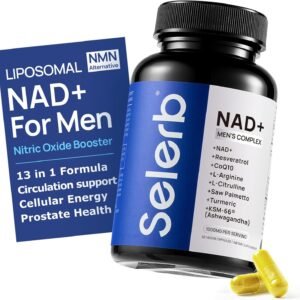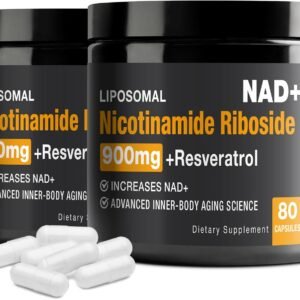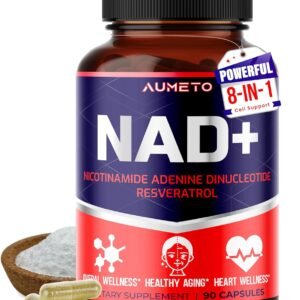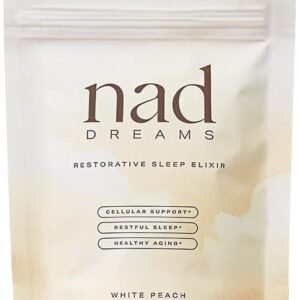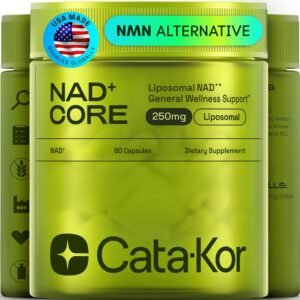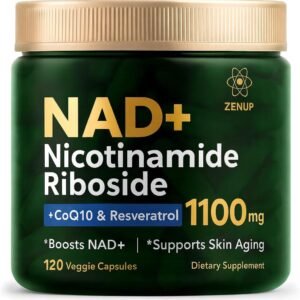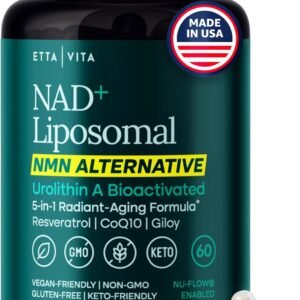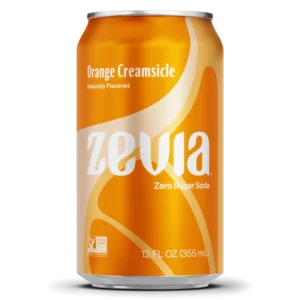Lutein is a powerful carotenoid antioxidant that has gained recognition for its role in supporting eye health, brain function, and overall wellness. Often called the “eye vitamin,” lutein is naturally found in leafy greens, colorful fruits, and vegetables. Today, it’s also available as a dietary supplement and is one of the most researched nutrients for vision protection and healthy aging.
What Is Lutein?
Lutein is a plant pigment belonging to the carotenoid family. Unlike beta-carotene, lutein is not converted into vitamin A in the body. Instead, it accumulates in areas such as the macula of the eye and the brain, where it helps filter harmful blue light and neutralize free radicals. Because the human body cannot produce lutein, it must be obtained through diet or supplements.
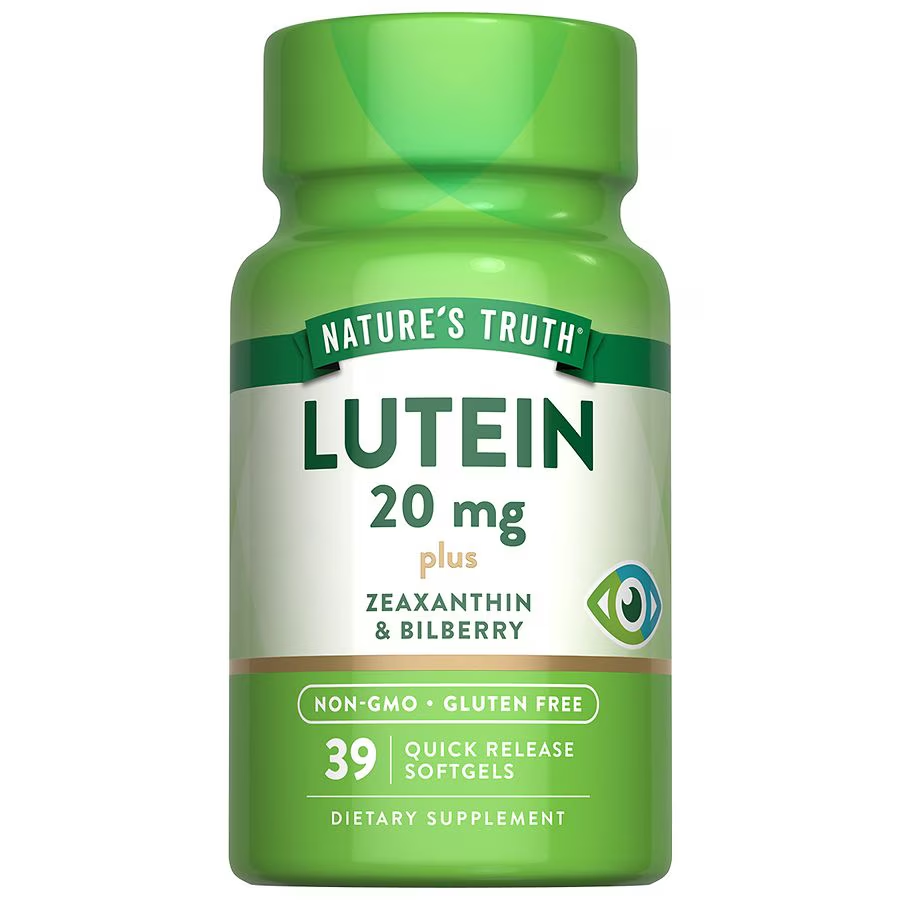
Key Food Sources of Lutein
You can find lutein naturally in:
- Leafy greens: spinach, kale, collard greens
- Vegetables: broccoli, peas, zucchini
- Fruits: kiwi, grapes, oranges
- Egg yolks: one of the most bioavailable sources
For individuals who don’t consume enough of these foods daily, supplements provide a convenient alternative.
Health Benefits of Lutein
1. Eye Health and Vision Support
The most well-known benefit of lutein is its ability to protect the eyes. Lutein is highly concentrated in the macula, where it helps form the “macular pigment” that shields the retina from oxidative damage and high-energy light.
- Age-related macular degeneration (AMD): Research shows lutein supplementation may reduce the risk of AMD progression.
- Cataracts: Studies suggest lutein may lower the risk of cataracts by reducing oxidative stress in the lens.
- Blue light protection: With more screen exposure, lutein is especially important in filtering digital blue light.
2. Brain Function and Cognitive Health
Lutein also accumulates in the brain. Studies indicate higher lutein levels are associated with:
- Better memory and learning ability
- Improved processing speed
- Reduced risk of cognitive decline with aging
3. Skin Health
As a potent antioxidant, lutein helps protect the skin against UV radiation damage, oxidative stress, and premature aging. Some research suggests lutein supplementation improves skin hydration and elasticity.
4. Heart Health
Preliminary studies show lutein may contribute to cardiovascular health by:
- Reducing arterial plaque buildup
- Lowering inflammation and oxidative stress
- Supporting healthy blood vessel function
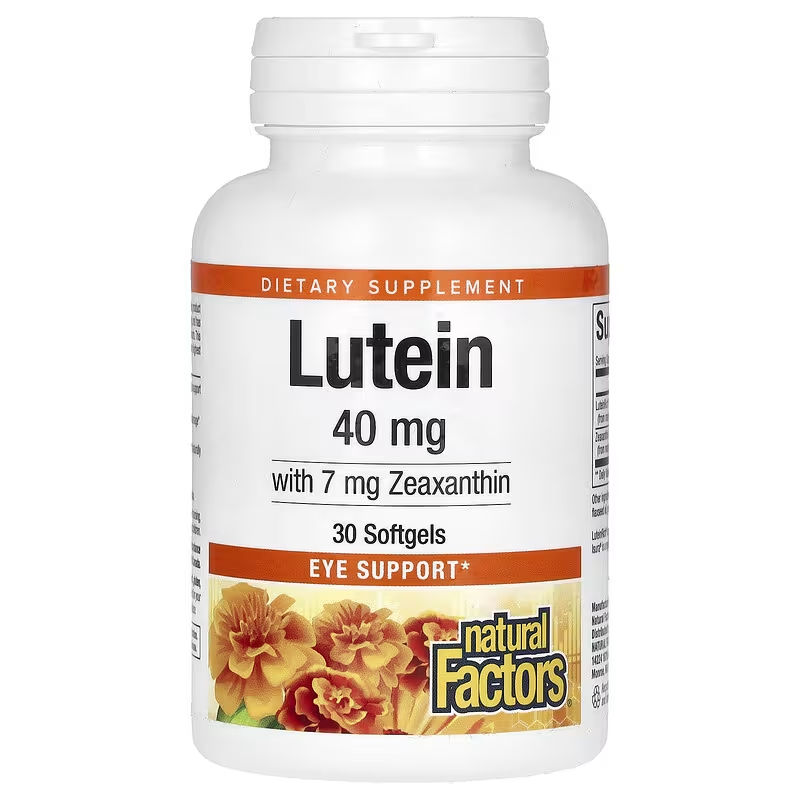
5. Overall Antioxidant Support
Lutein works as a natural antioxidant to fight free radicals, which are linked to aging and chronic diseases. It may also complement other antioxidants like vitamin C, vitamin E, and zeaxanthin.
What Does Research Say About Lutein?
- AREDS2 Study (National Eye Institute): Found lutein and zeaxanthin supplementation reduced the risk of advanced age-related macular degeneration.
- Cognitive studies: Older adults with higher lutein levels performed better on memory and reasoning tasks.
- Skin research: Clinical trials show lutein improves skin tone and protects against UV-induced oxidative damage.
Recommended Dosage of Lutein
While there is no official daily requirement, most research suggests 6–20 mg per day is effective for eye and overall health. Supplements often provide lutein in this range, frequently paired with zeaxanthin for maximum benefits.
Who Should Consider Lutein Supplements?
- Adults over 50 concerned about eye aging
- People with a family history of macular degeneration or cataracts
- Those with high screen exposure (digital devices)
- Individuals with low fruit and vegetable intake
Lutein is more than just an “eye vitamin.” Backed by strong research, it supports vision, brain health, skin protection, and cardiovascular function. Whether through a lutein-rich diet or supplements, ensuring adequate intake is a smart investment in long-term health.
If you want to support your eyes, protect against blue light, and age gracefully, lutein is a nutrient worth adding to your wellness routine.


